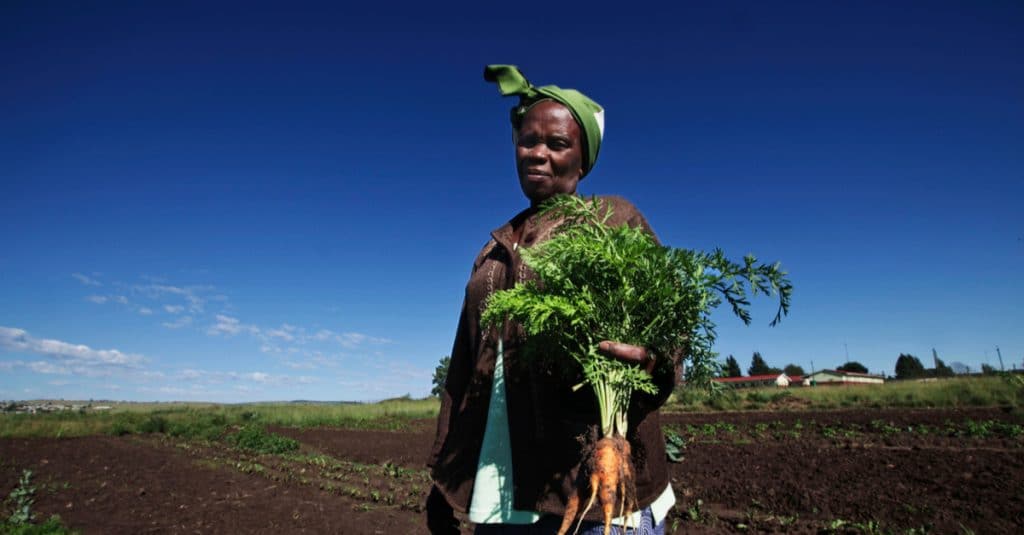A new environmental company is looking at Africa. The Shared Wood Company (SWC), an operator specializing in the design, development, construction and operation of projects related to forest conservation and sustainable land use, including protected areas, agroforestry systems, forest management units and forest plantations. SWC’s mission is to capture CO2 through these natural ecosystems for the very long term, while restoring or enhancing biodiversity and supporting the economies of rural communities. Outside of Africa, the company works in Latin America and Europe.
SWC was founded in June 2021 by Laurent Valiergue, Juan Carlos Gonzalez Aybar and Clément Chenost. These three long-time friends and colleagues have a strong background in private equity, carbon finance and international development. They decided to launch SWC to use the power of impact finance combined with corporate climate commitments to serve rural communities in Africa, Latin America and Europe.
Axa and Engie invest in SWC
To build its capital, the young company received financial support from two French giants. These are Axa Investment Management, a unit of Axa, a French international group specialized in insurance since its creation, and in asset management since 1994. The group is present in 8 African countries. Engie is also participating in the operation. The energy group has been present in Africa for over 50 years and has a portfolio of 3.15 GW in operation or under construction.
Read also-AFRICA: AFF prepares academic manual on forest protection
The two sponsors have invested an undisclosed amount to finance SWC’s launch and business development plan. The company intends to raise more than $500 million by 2028, between up-front investment and the purchase of emission reduction and CO2 capture units.
SWC operates through dedicated local operating entities or joint ventures with local partners, “ensuring transparent, long-term and local management. In addition to conducting purely carbon-based operations, SWC builds sustainable value chains that address unsustainable land-use practices that emit CO2, while generating multiple revenue streams for local partner populations and its investors.
Boris Ngounou
